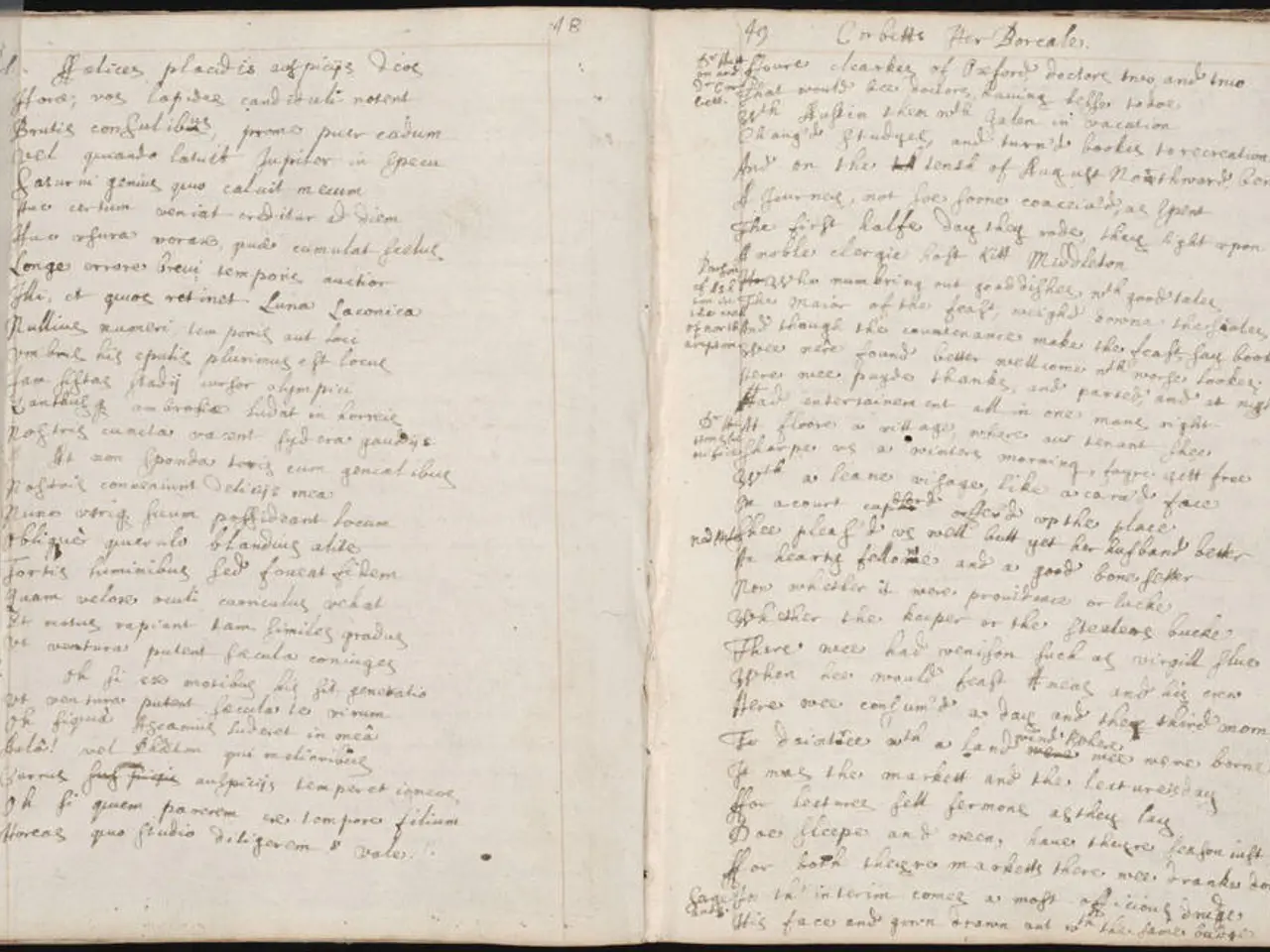Commemorating the 150th anniversary of his birth, revisiting the enduring influence and relevance of psychologist Carl Jung and his groundbreaking work in the field of psychology.
Swiss Psychiatrist Carl Gustav Jung Shapes Modern Psychology
Carl Gustav Jung (1875-1961), a Swiss psychiatrist, is renowned for founding analytic psychology, an influential psychological school that emphasises the unconscious mind and its contents. His theories have significantly impacted psychology, psychiatry, religion, philosophy, anthropology, and the arts.
The Birth of Analytic Psychology
Jung began his career working alongside Sigmund Freud, but their collaboration eventually led to Jung developing his own approach, which he called analytical psychology. Unlike Freud's emphasis on sexuality and the personal unconscious, Jung's approach incorporated concepts of spirituality and universal human experiences.
Key Theories and Concepts
- Extroversion and Introversion Jung introduced the terms extrovert and introvert to describe two fundamental orientations of personality. An extrovert is oriented outward toward the external world and social interaction, while an introvert is oriented inward toward subjective experiences and the inner world. This theory paved the way for later personality psychology and assessment tools like the Myers-Briggs Type Indicator (MBTI).
- The Collective Unconscious Beyond the personal unconscious (unique to an individual), Jung theorised a collective unconscious, a deeper layer of the unconscious shared universally by humans. This collective unconscious houses inherited archetypes, universal, mythic symbols and themes found across cultures and history.
- Archetypes Archetypes are innate, universal prototypes for ideas and may manifest as characters, motifs, or symbols in dreams, myths, and stories. Examples include the Mother, the Hero, the Shadow, and the Wise Old Man. These serve as foundational psychological patterns shaping human experience and creativity.
- The Shadow The shadow is an archetype representing the unconscious part of the personality containing repressed weaknesses and instincts. Jung saw confronting and integrating the shadow as key to psychological growth.
- Synchronicity Jung introduced synchronicity to describe meaningful coincidences that are not causally related but seem significantly connected. Developed especially in collaboration with physicist Wolfgang Pauli, this concept bridges psyche and matter, aiming to extend understanding beyond pure causality.
Impact and Legacy
Jung's theories broadened the study of personality beyond Freud, emphasising spirituality and universal human symbols. His concepts of introversion and extraversion remain central in personality psychology. The collective unconscious and archetypes have influenced psychotherapy, literature, mythology, religious studies, and cultural anthropology. His focus on integrating unconscious material—the process of individuation—addresses personal growth and wholeness. Jungian ideas are widely applied in therapeutic settings.
In summary, Carl Jung's analytic psychology introduced foundational ideas such as introversion/extroversion, the collective unconscious, and archetypes, deeply impacting both psychological theory and therapeutic practice, with enduring influence across many disciplines. Jung argued that all humans share a collective unconscious, inherited at birth, which forms the foundation for myths and religion. His collective unconscious concept is best known for its connection to archetypes. Jung and Freud formed a friendship and began collaborating after Jung read Freud's "Interpretation of Dreams". In his "Psychological Types" paper, Jung argued that extroverts look for external stimulation, while introverts find contentment intrinsically. Jung had to give up his psychological practice in 1944 after suffering a heart attack. Carl Gustav Jung was born on July 26, 1875, in Kesswil, Switzerland. The partnership between Jung and Freud was fractured in 1913. Emma Rauschenbach, Jung's wife, collaborated with him in his scientific work. Jung formed a school of psychology known as analytic psychology. Archetypes, such as the hero, the sage, and the shadow, are common across cultures, according to Jung. Jung is best known for the distinction between extroverts and introverts, as discussed in his 1921 paper "Psychological Types". Jung also studied various religions, focusing on their symbols and their connection to a person's psyche. Jung's book, "Psychology of the Unconscious," was published in 1912 in German and 1916 in English. Jung's ideas on archetypes had a significant influence on the work of Joseph Campbell and other writers.
- The analytic psychology founded by Carl Gustav Jung has significantly influenced Health-and-wellness, as his concepts of introversion and extraversion remain central in personality psychology and have been used in therapeutic settings to aid mental health and self-understanding.
- Beyond the personal unconscious, Jung's theory of a collective unconscious, unique shared experiences and symbols, has had an enduring impact on various disciplines such as psychotherapies-and-treatments, literature, mythology, religious studies, and cultural anthropology, highlighting the universal human connections at the core of these fields.




